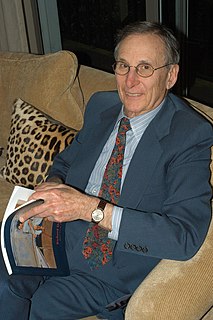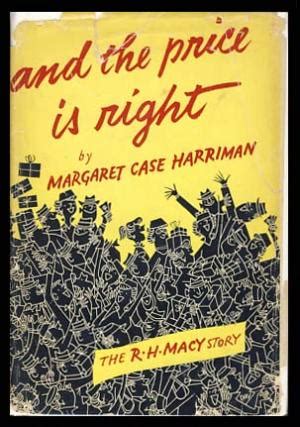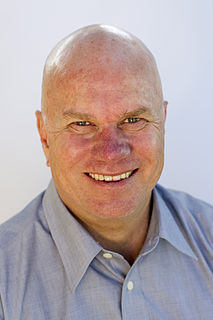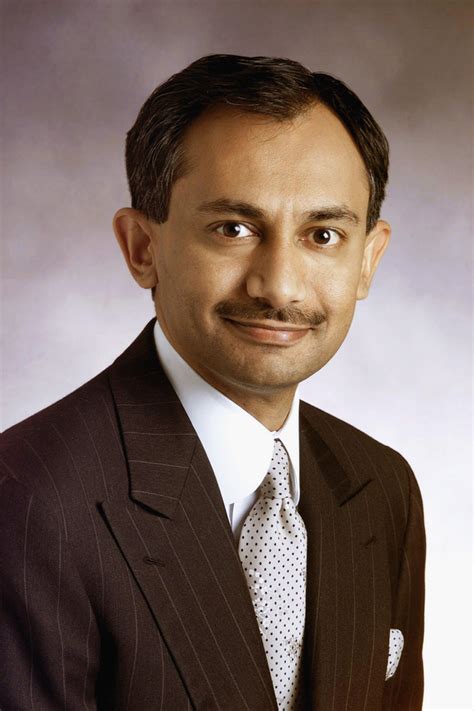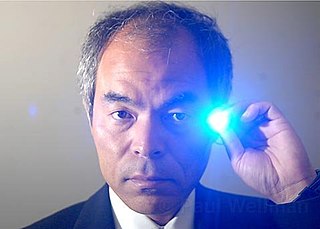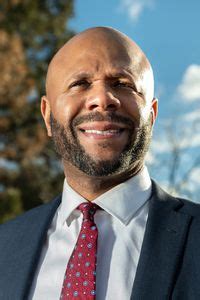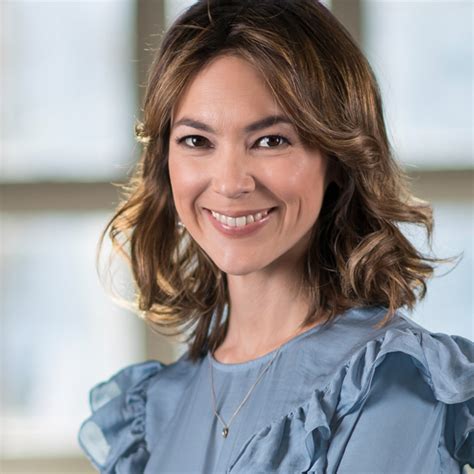A Quote by Arthur Rock
I mean I wasn't a founder in the sense that I contributed anything scientifically but in the sense that I signed the corporation papers and, and owned founder's stock.
Related Quotes
The thing that's confusing for investors is that founders don't know how to be CEO. I didn't know how to do the job when I was a CEO. Founder CEOs don't know how to be CEOs, but it doesn't mean they can't learn. The question is... can the founder learn that job and can they tolerate all mistakes they will make doing it?
Pishevar, co-founder and managing director of Sherpa Capital, is a powerful figure in the Valley and a bridge to establishment figures on both coasts. He cultivated a relationship with Uber co-founder Travis Kalanick and publicly came to his defense when he was ousted as chief executive officer and sued by another investor.
Obviously solving the education problem is big and complex, and there's already so many failings, but coding is the new fluency. This is the most valuable skill of this century. If you want to be a founder of a company, and not even just a tech company, but like a founder of a company, because I'm telling you software is going to play a role.
It is impossible to decide whether a particular detail of the Pythagorean universe was the work of the master, or filled in by a pupil a remark which equally applies to Leonardo or Michelangelo . But there can be no doubt that the basic features were conceived by a single mind; that Pythagoras of Samos was both the founder of a new religious philosophy, and the founder of Science, as the word is understood today.
